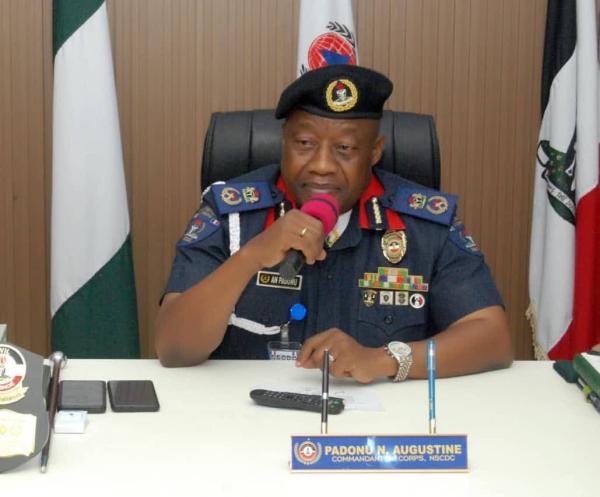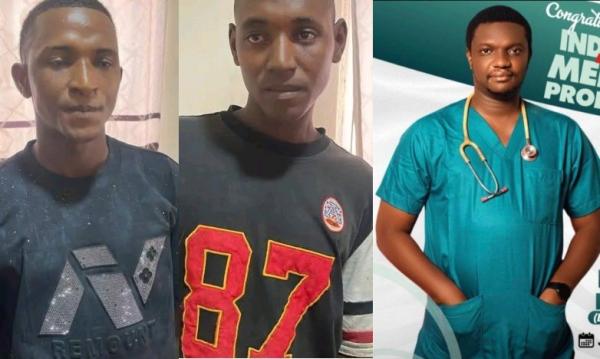
Turkey's president said Kobani was "about to fall" after Islamic State fighters advanced into the south west of the Syrian Kurdish town, pressing home a three-week assault has cost a reported 400 lives.
The prospect that the town on the Turkish border could be captured by the militants has increased pressure on Turkey, with the strongest army in the region, to join an international coalition to fight against Islamic State.
Islamic State wants to take Kobani in order to strengthen its grip on the border area and consolidate the territorial gains it has made in Iraq and Syria in recent months. U.S.-led air strikes have so far failed to prevent its advance on Kobani.
Turkish President Tayyip Erdogan said bombing was not enough to defeat Islamic State and Turkey had made clear that additional measures would be needed.
"The problem of ISIS (Islamic State) ... cannot be solved via air bombardment. Right now ... Kobani is about to fall," he said during a visit to a camp for Syrian refugees.
"We had warned the West. We wanted three things. No-fly zone, a secure zone parallel to that, and the training of moderate Syrian rebels," he said.
He said Turkey would intervene if there were threats to Turkish soldiers guarding a historic site in Syria that Ankara regards as its territory. But so far Turkey has made no move to get involved in the fighting across the border.
From across the Turkish border, two Islamic State flags could be seen flying over the eastern side of Kobani. Two air strikes hit the area and sporadic gunfire could be heard.
The Syrian Observatory for Human Rights monitoring group said it had also documented 412 deaths of civilians and fighters during the three-week battle for Kobani.
On Tuesday, plumes of white smoke rose over eastern and central parts of Kobani and two ambulance crossed the border, travelling from Kobani to the Turkish side.
Islamic State fighters were using heavy weapons and shells to hit Kobani, senior Kurdish official Asya Abdullah told Reuters from inside the town.
“Yesterday there was a violent clash. We have fought hard to keep them out of the town,” she said by telephone. “The clashes are not in the whole of Kobani, but in specific areas, on the outskirts and towards the centre.”
AIR STRIKES
Islamic State, an al Qaeda offshoot, has ramped up its offensive in recent days against the mainly Kurdish border town, despite being targeted by U.S.-led coalition led air strikes aimed at halting its progress.
"There were clashes overnight. Not heavy but ISIS is going forward from the southwest. They have crossed into Kobani and control some buildings in the city there," said Rami Abdulrahman, head of the Observatory, a group that monitors the conflict with a network on the ground. ISIS is a former name for Islamic State.
"They are about 50 metres inside the southwest of the city," Abdulrahman said.
An estimated 180,000 people have fled into Turkey from the Kobani region following the Islamic State advance. More than 2,000 Syrian Kurds including women and children were evacuated from the town after the latest fighting, a member of the Kurdish Democratic Union Party (PYD) said on Monday.
Before the offensive, Kobani, known as Ayn al-Arab in Arabic, was home to refugees from the civil war which pits rebels against President Bashar al-Assad and has deteriorated into hundreds of localised battles between different factions.
The most powerful of the myriad militias fighting against Assad, Islamic State has boosted its forces with foreign fighters and defectors from other rebel groups. It gained additional heavy weaponry after its fighters swept through northern Iraq in June, seizing arms from the fleeing Iraqi army.
The group released a video showing dozens of men said to be from Ahrar al-Sham, a rival Islamist group which has clashed with it in the past, pledging allegiance to its leader Abu Bakr al-Baghdadi, the SITE monitoring service said on Monday.
Westerners have also fought for the Kurds against Islamic State. A man describing himself as a U.S. citizen and former soldier from Ohio said in a video interview with Reuters inside Syria that he had come to join Kurdish fighters.
Identifying himself as Brian Wilson, he said other Americans had come to Syria to fight Islamic State.
U.S. Deploys Apaches
The United States has been bombing Islamic State positions in Iraq since August and extended the campaign to Syria in September. Arab states have joined both campaigns, while other Western countries are participating in Iraq but not Syria.
Two months into the U.S. campaign, the U.S. military has added a new weapon to its arsenal in Iraq, using Apache helicopters for the first time, U.S. officials said on Monday.
Army Major Curtis Kellogg said Baghdad had asked for helicopter support near Fallujah to push back militants west of Baghdad.
The low-flying helicopters give the U.S. military greater capacity to identify individual targets and provide close air support to Iraqi troops in combat, suggesting close cooperation with forces on the ground. But they also expose U.S. troops to far greater risk from ground fire.
Turkey, a NATO member which shares a 900 kilometre (500 mile) border with Syria and has the most powerful military in the area, has so far refrained from joining the campaign, but the plight of Kobani has increased pressure to act.
Turkey says the scope of the campaign in Syria should be broadened to seek to remove Assad from power. It has sought a no-fly zone in northern Syria, which would require the coalition to take on Assad's air force as well as Islamic State, a move Washington has not agreed to.
Protests In Turkey
More than 20 Turkish tanks were parked on a hillside in circular formation around 1 km (half a mile) from the border.
Groups of mainly men travelled towards the border area to witness the clashes and protest against inaction by Turkey to protect Kobani. "Long live the YPG resistance" chanted a group of 20 men on a truck on the road to the town.
Turkish police fired tear gas and water cannon at dozens of demonstrating youths in a field near the border.
The brother of a British aid worker who was beheaded by Islamic State said Britain should put troops on the ground in the Middle East to fight against the militants.
"We need to send ground troops in or forces in to find out where these monsters are and bring them to justice," said Reg Henning, whose 47-year-old brother Alan was killed last week. "The sooner we do it, the sooner the killing stops."
"Go and find them, bring them to justice, bring them over here, let us try them," he was quoted as saying on the BBC website. Kidnappings are common in Syria's civil war, often used for ransom. Catholic news agency Fides quoted Bishop Georges Abou Khazen, the Apostolic Vicar of Aleppo, as saying a parish priest and around 20 Christians have been kidnapped from a Syrian village near the border with Turkey.
Reuters





















